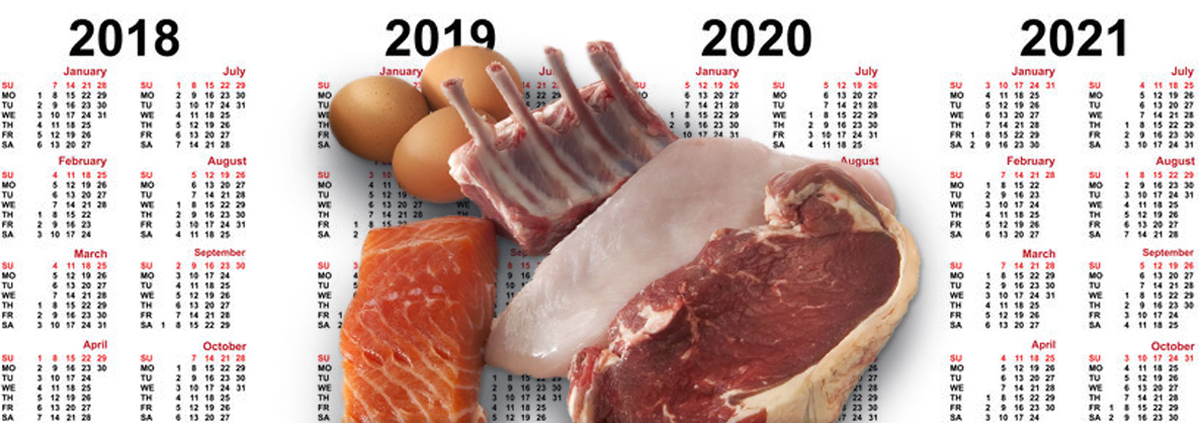Protein and Longevity: The Unproven Relationship
I think the best way to assess whether the study I’ve been examining this week on protein and longevity is meaningful or not is to examine the interview with the primary author Christopher Proud, PhD. I’m going to give a series of his statements and whether the research addressed the question.
“Science has shown for some time that eating too much, in particular protein, reduces lifespan; and now we know why.”
This statement isn’t exactly true. While there does seem to be a relationship between calorie restriction and longevity in fruit flies and some species of mice, it hasn’t been proven in humans. There’s evidence in longitudinal studies on relationships between animal protein intake and some diseases, but it’s not accepted that high protein intake leads to an early grave. More likely, there are genetic and environmental factors to consider, but to suggest that eating less overall increases longevity for humans is not correct at this time.
“Eating high-fiber carbohydrate, such as those found in fruit, vegetables, and unprocessed grains and seeds, will produce the healthiest benefits. This is similar to the traditional Mediterranean diet which has well-established links to longevity. We already knew that lower food intake extends lifespan.”
Same as before—it’s an overstatement. There are some studies that show a decreased rate of diseases using the Mediterranean diet, but that doesn’t mean it will result in people living longer. It may mean they live better for the time they’re alive.
“Our team demonstrated that increased [protein] nutrient levels speed up protein synthesis within cells. The faster this process occurs, the more errors are made.”
Based on the way I understand the methods, they did impact protein synthesis by knocking out the eEF2K enzyme. As of this writing, I haven’t heard back from Dr. Proud, so I have yet to find how they overfed the cells, flies, or worms to effect that change.
The Bottom Line
I don’t think that the research done in this series of studies proves that high protein intake decreases longevity. As excited as the corresponding author was during the interview, it wasn’t as clear as he made it out to be. The research didn’t do anything to help set a target goal for human protein intake. How is it supposed to help without practical applications?
What is important is that we need to seek balance in our nutritional intake. It may be true that too much protein will impact the correct production of proteins, which would have long-term effects, and it’s hard to go wrong eating more fruits and vegetables. But longevity isn’t tied to a single nutrient or a single habit. We need to strike a balance. Eat less. Eat better. Move more.
What are you prepared to do today?
Dr. Chet
References: Cell Biology 2019. https://doi.org/10.1016/j.cub.2019.01.029.






 AllOfUsPeople
AllOfUsPeople

